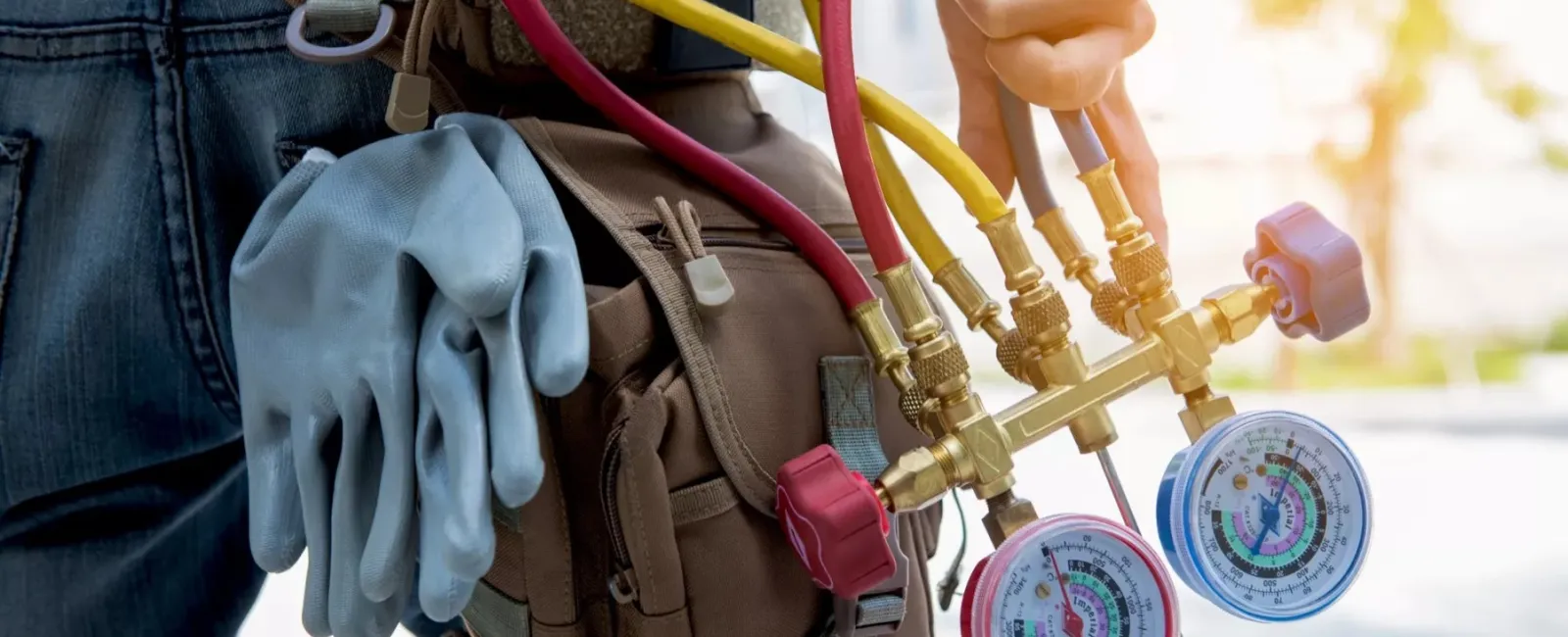The sound of a toilet flushing in the middle of the night can be extremely frightening, especially when you realize you are the only one home! As easy as it may be to react with fear and terror, it's most likely not a burglar or a paranormal occurrence. There is probably an issue with the toilet itself.
In addition to causing homeowners to jolt awake panic-stricken late at night, self-flushing toilets are incredibly cost-inefficient. Given that the average toilet bowl is filled with three to four gallons of water, consistent, automatic flushes can take a major toll on your utility bill.
To better understand why your toilet is doing this, it is helpful to take a look at the internals. The system is actually quite basic, so you may not need to hire a Pittsburgh plumber to solve the issue. Remove the tank lid and take a look at what is going on. The Douglas valve seal is typically the culprit for self-flushing toilets.
Since the fill lever monitors how much water should be in the tank, leaking water inevitably needs to be refilled. Keep in mind that there is a difference between leaks and flushes, and that difference is found in the flow rate. Toilets do not flush unless a large quantity of water is forced down at once. Slow leaks are not good either but will also not trigger the flushing process.
According to our licensed plumbers, you can tell quickly whether water is leaking by one of two ways: listening and watching. The water will either move slightly in the bowl and you will hear the tank refill to maintain the set level. To eliminate any doubt, throw a couple ink tablets in the tank and see if the bowl water changes color. The flapper is likely defective if this is where the leak is occurring.
Not everyone knows how to tinker with their toilet, but our Pittsburgh plumbers can complete this job in no time. We offer 24-hour plumbing services in case your toilet does not stop flushing. The best thing you can do in this situation is turn the supply valve off.

